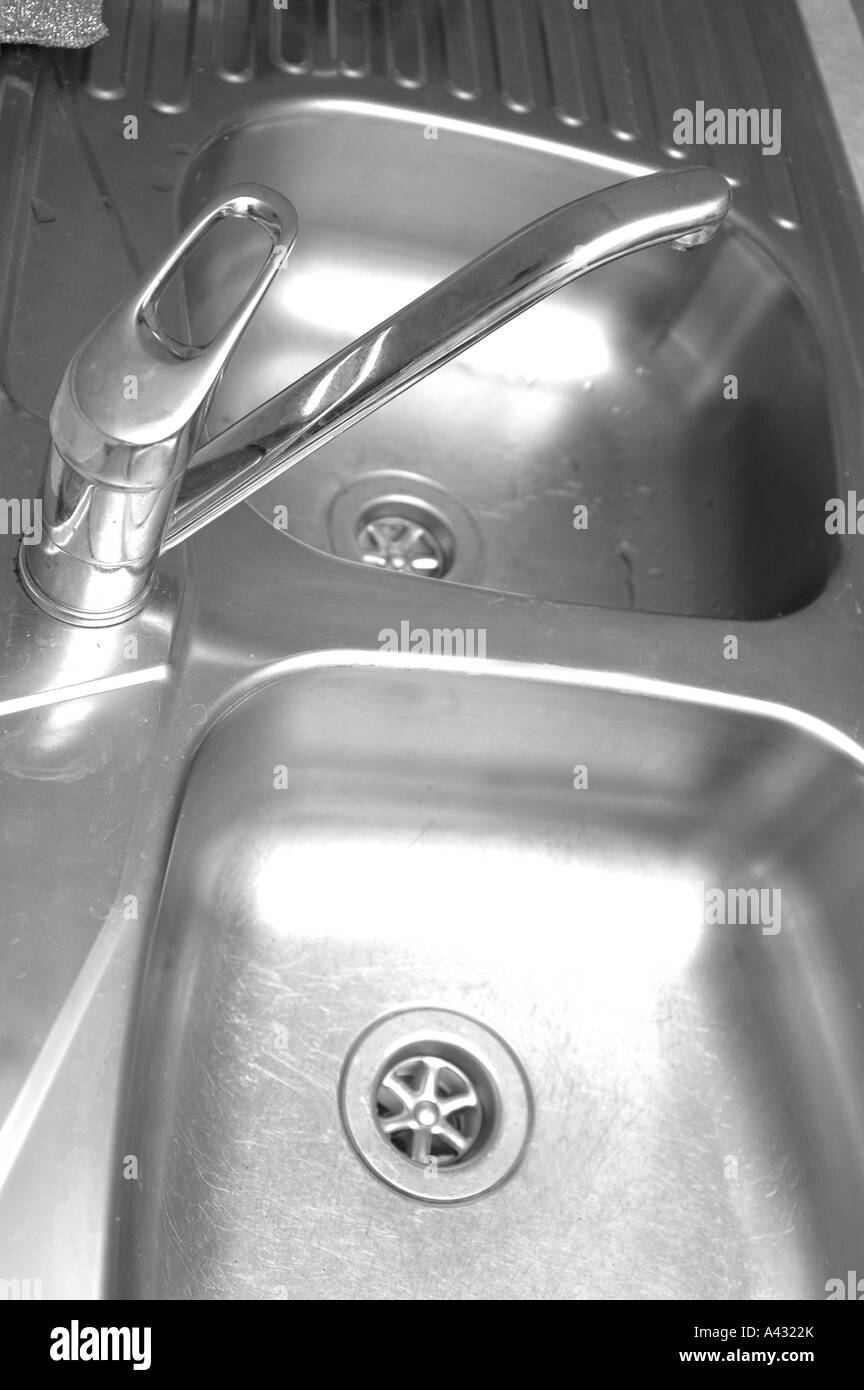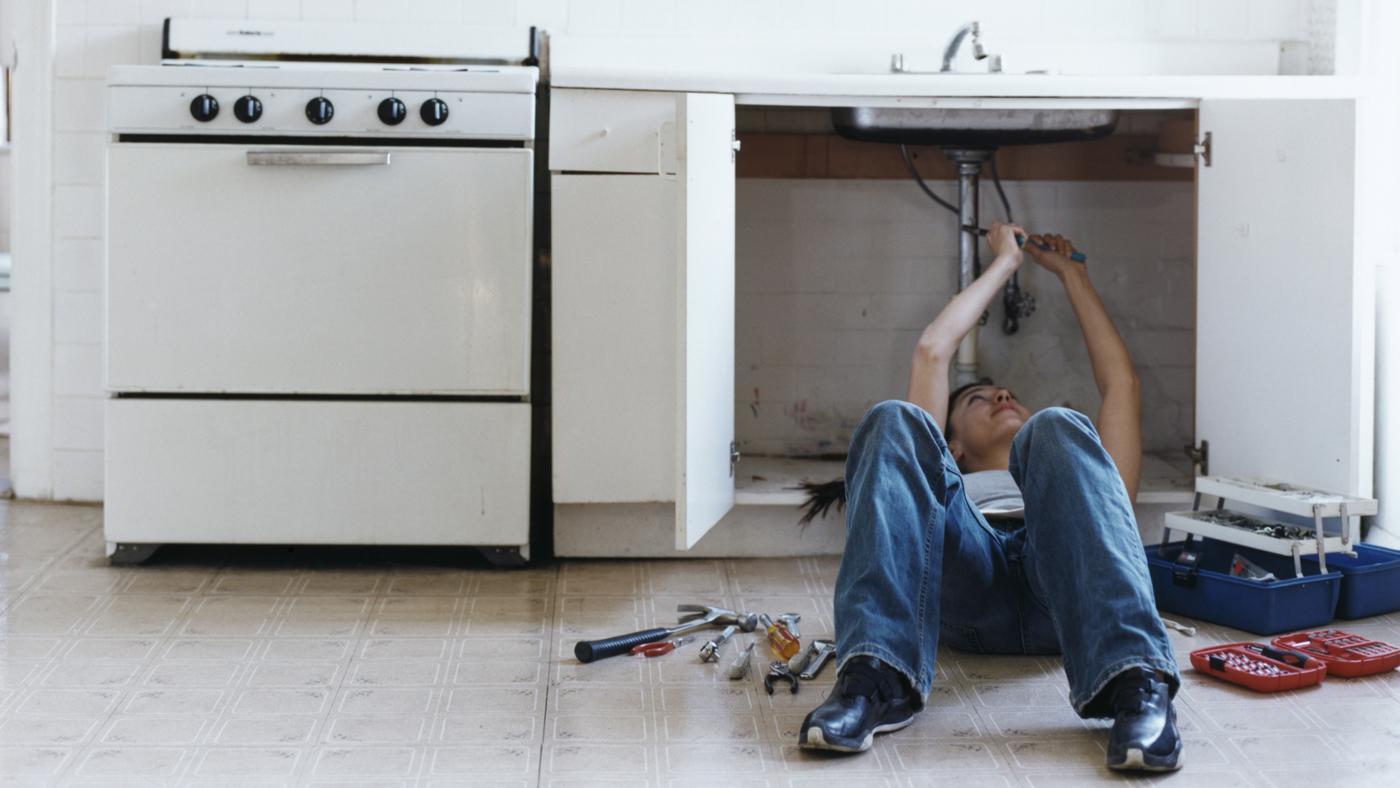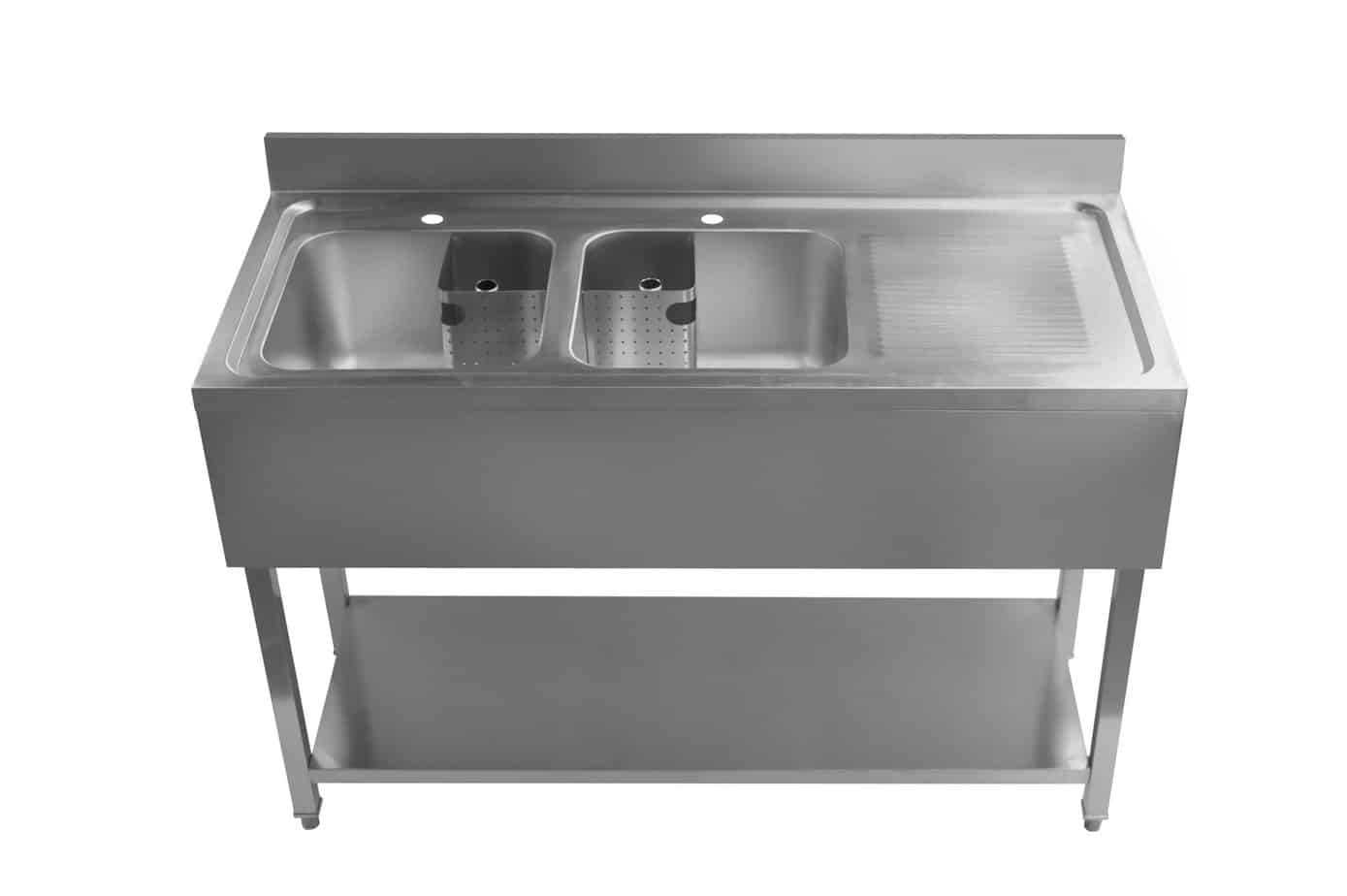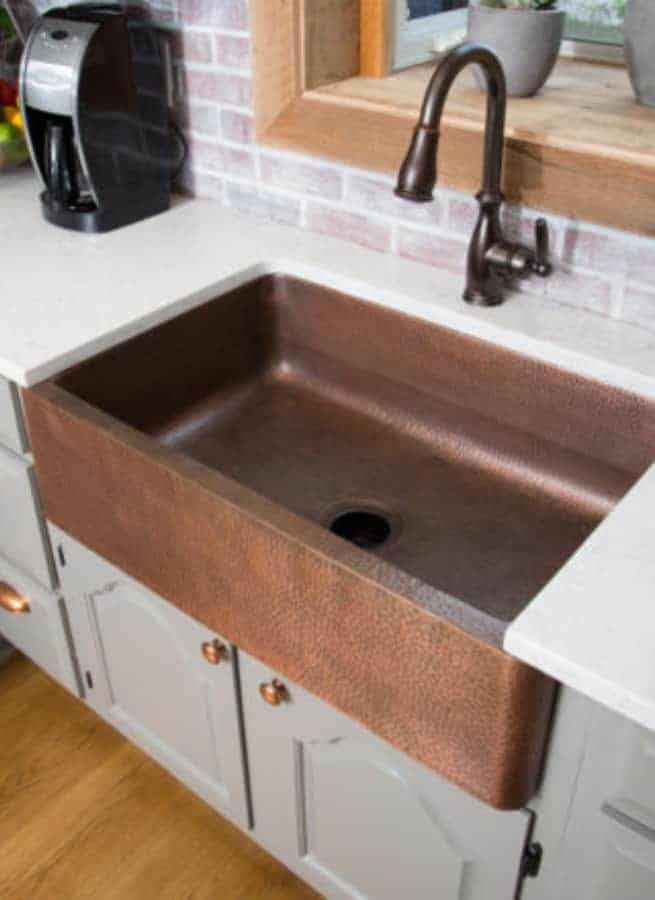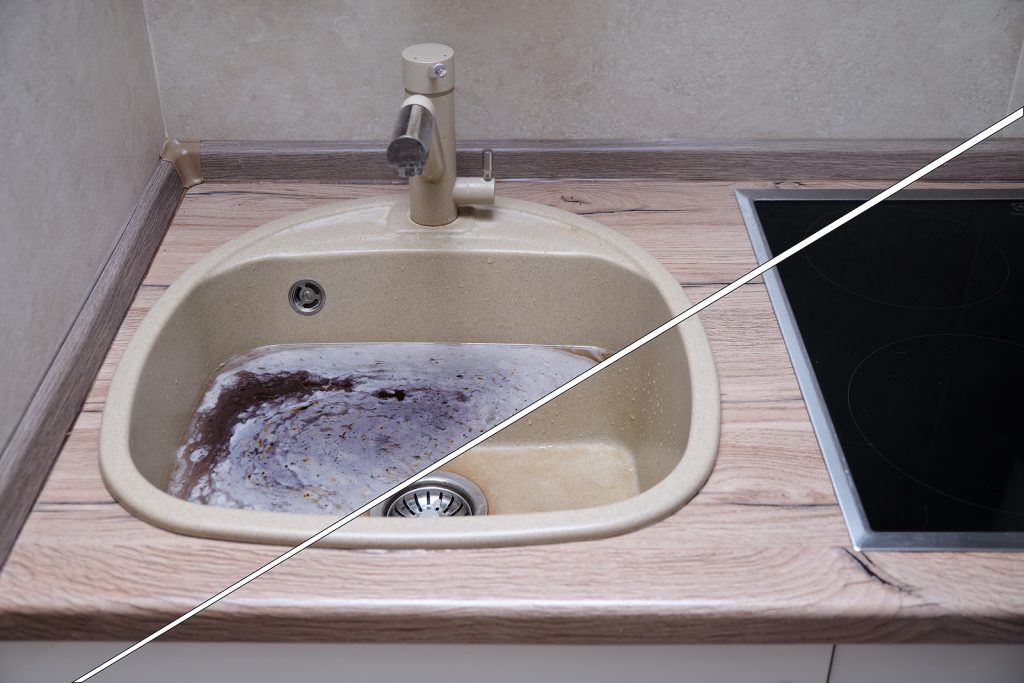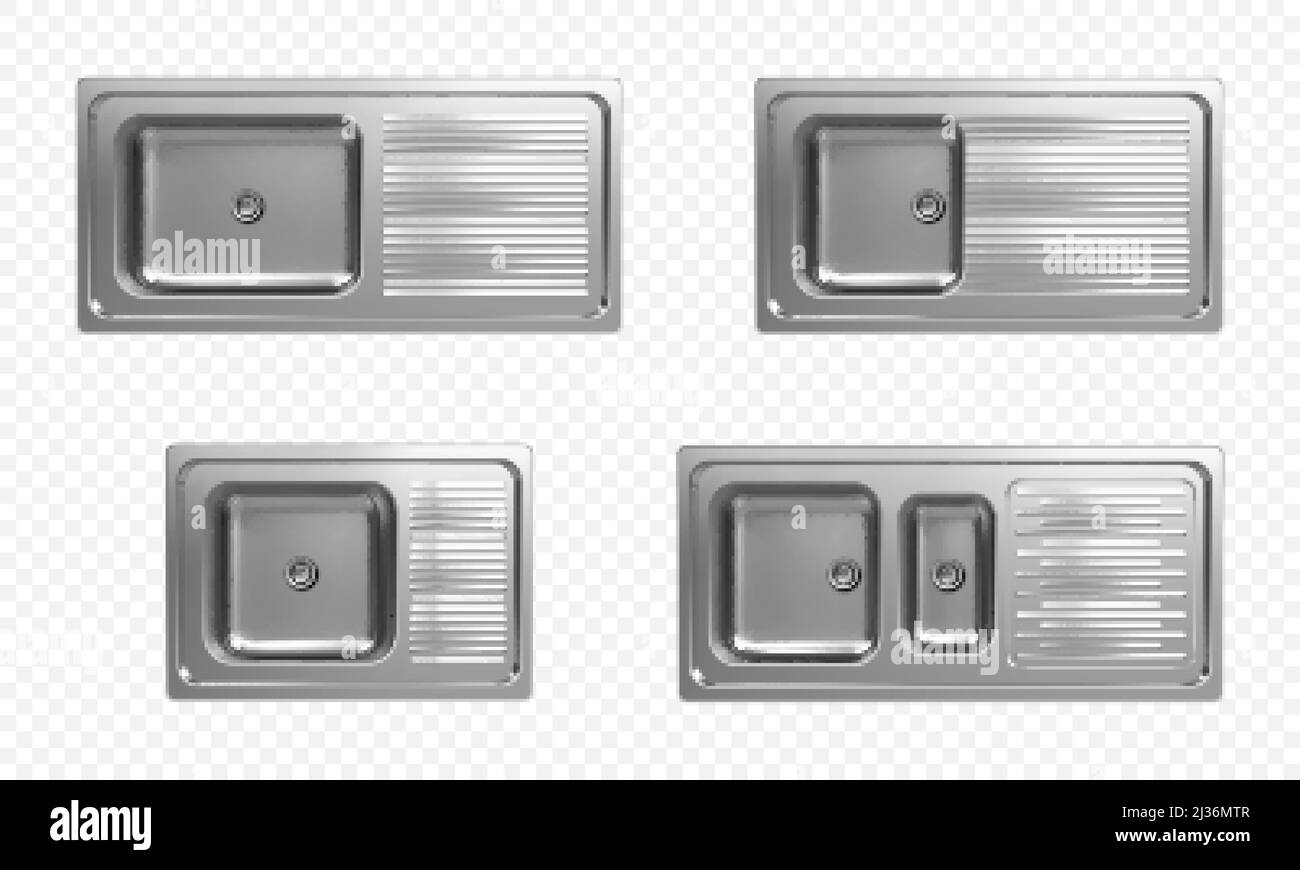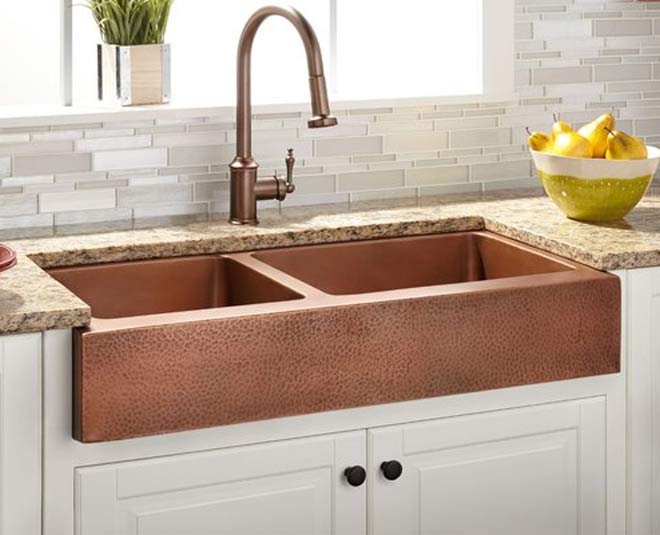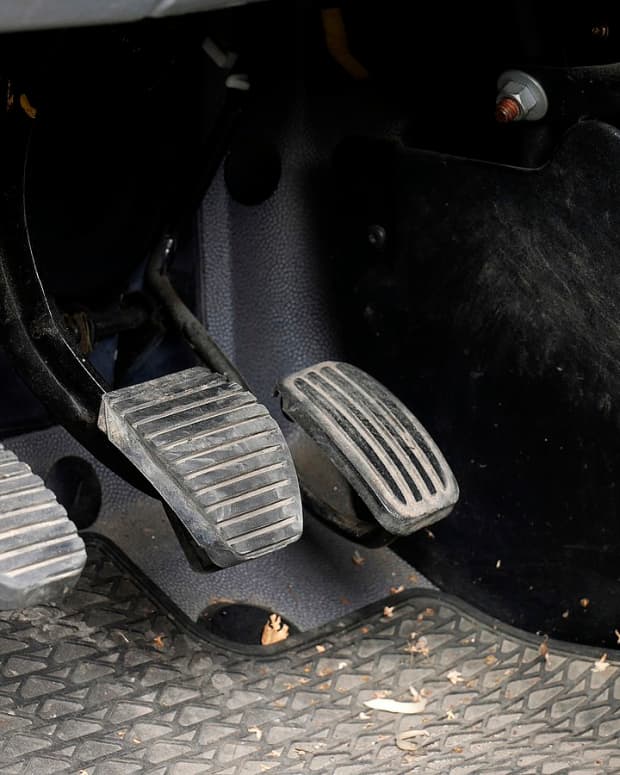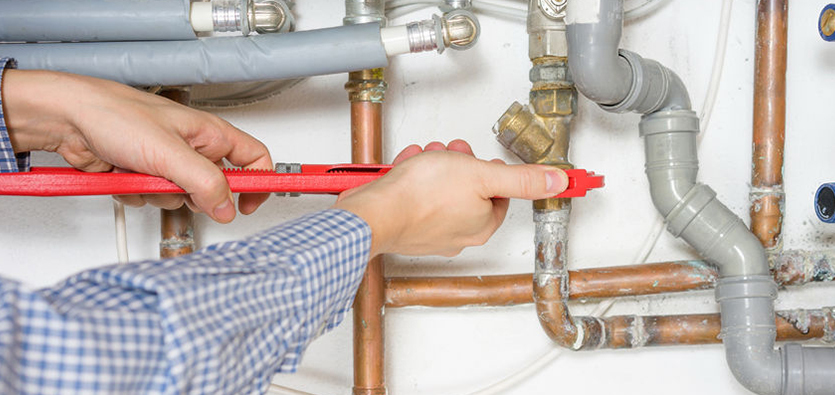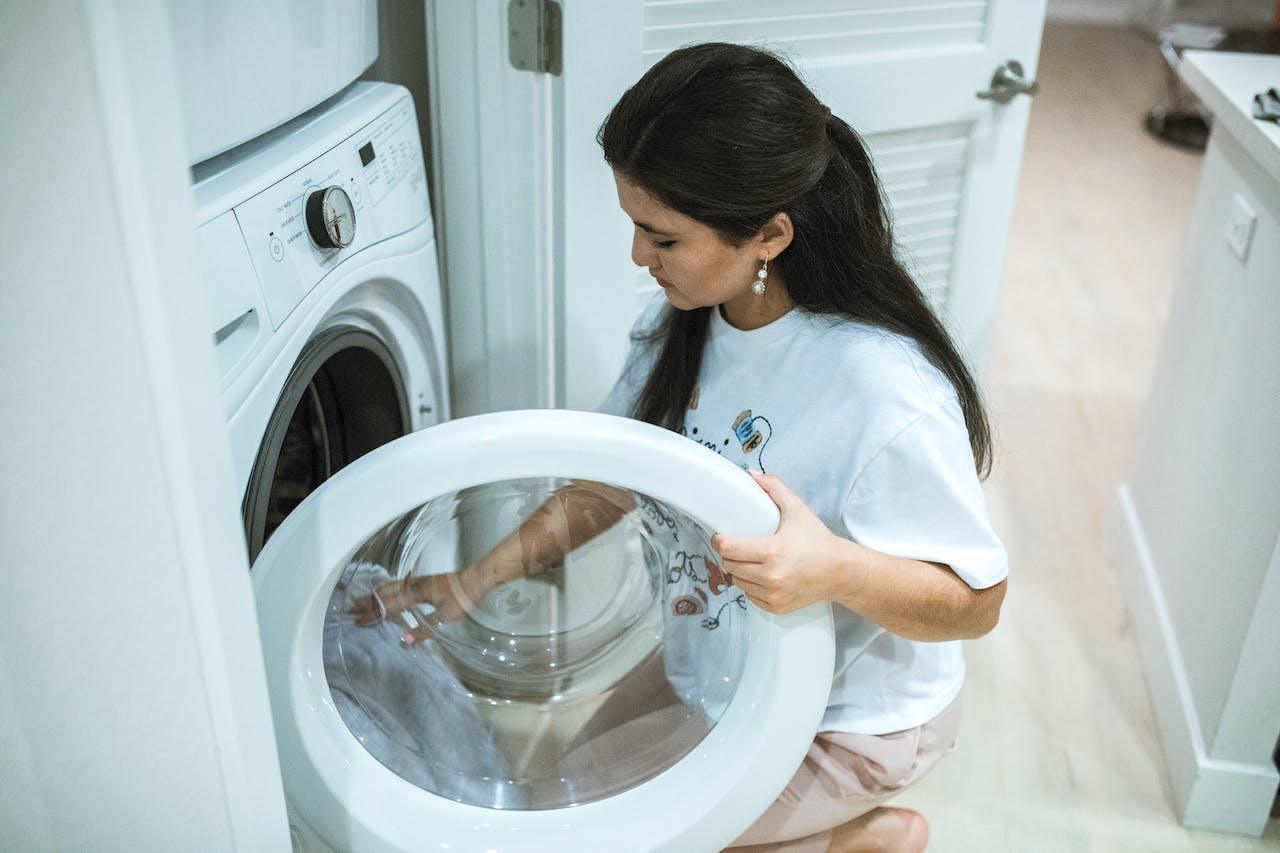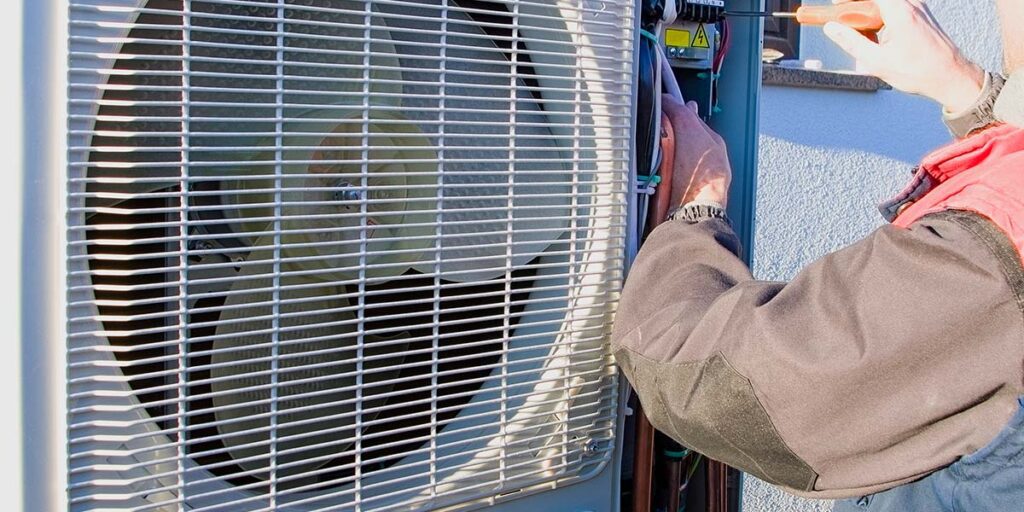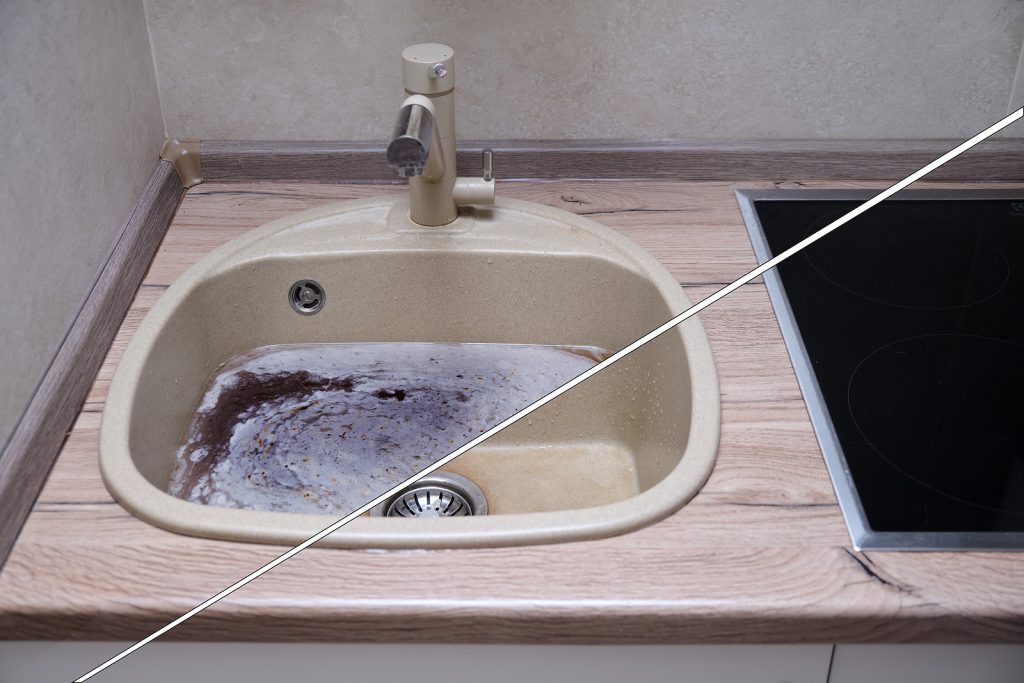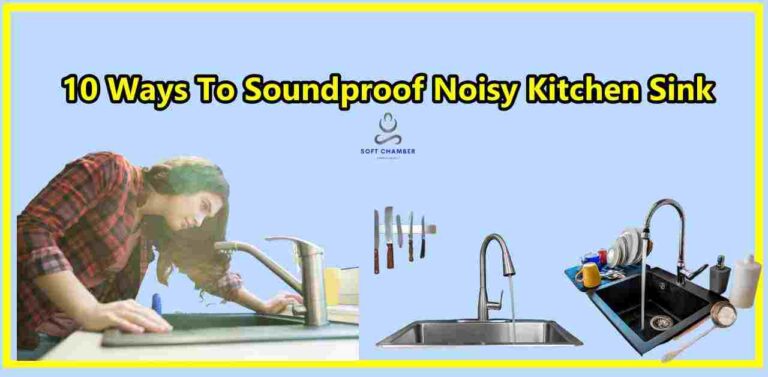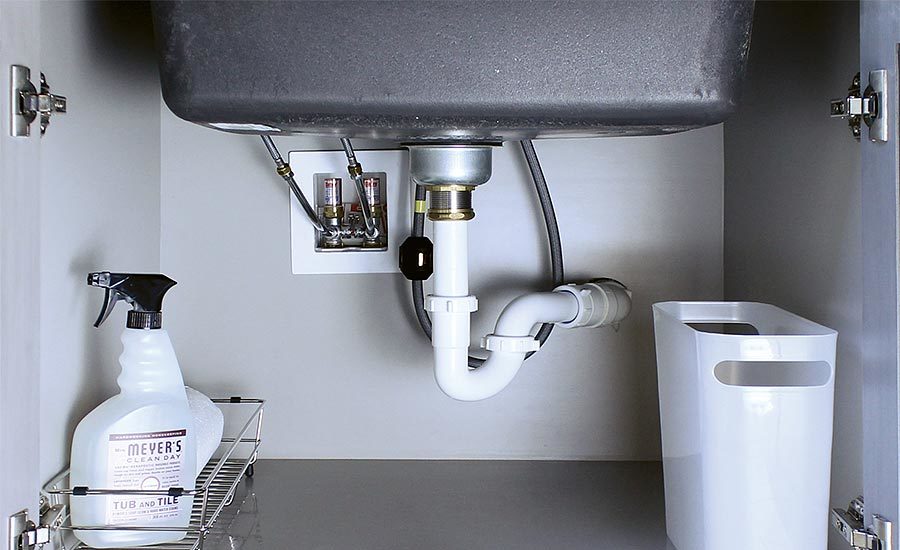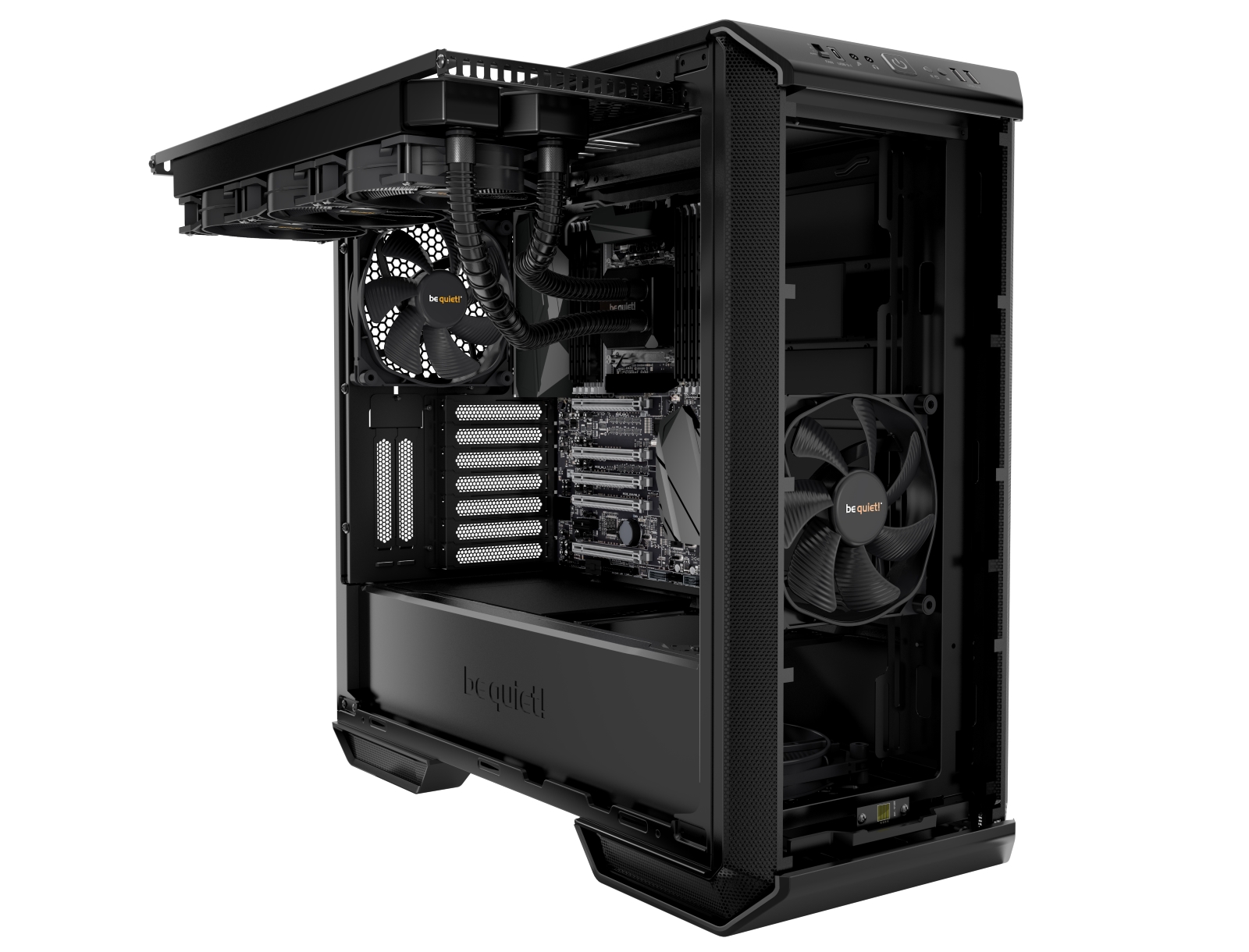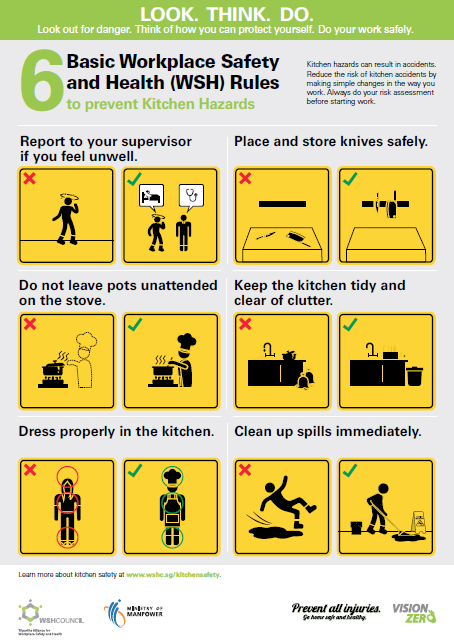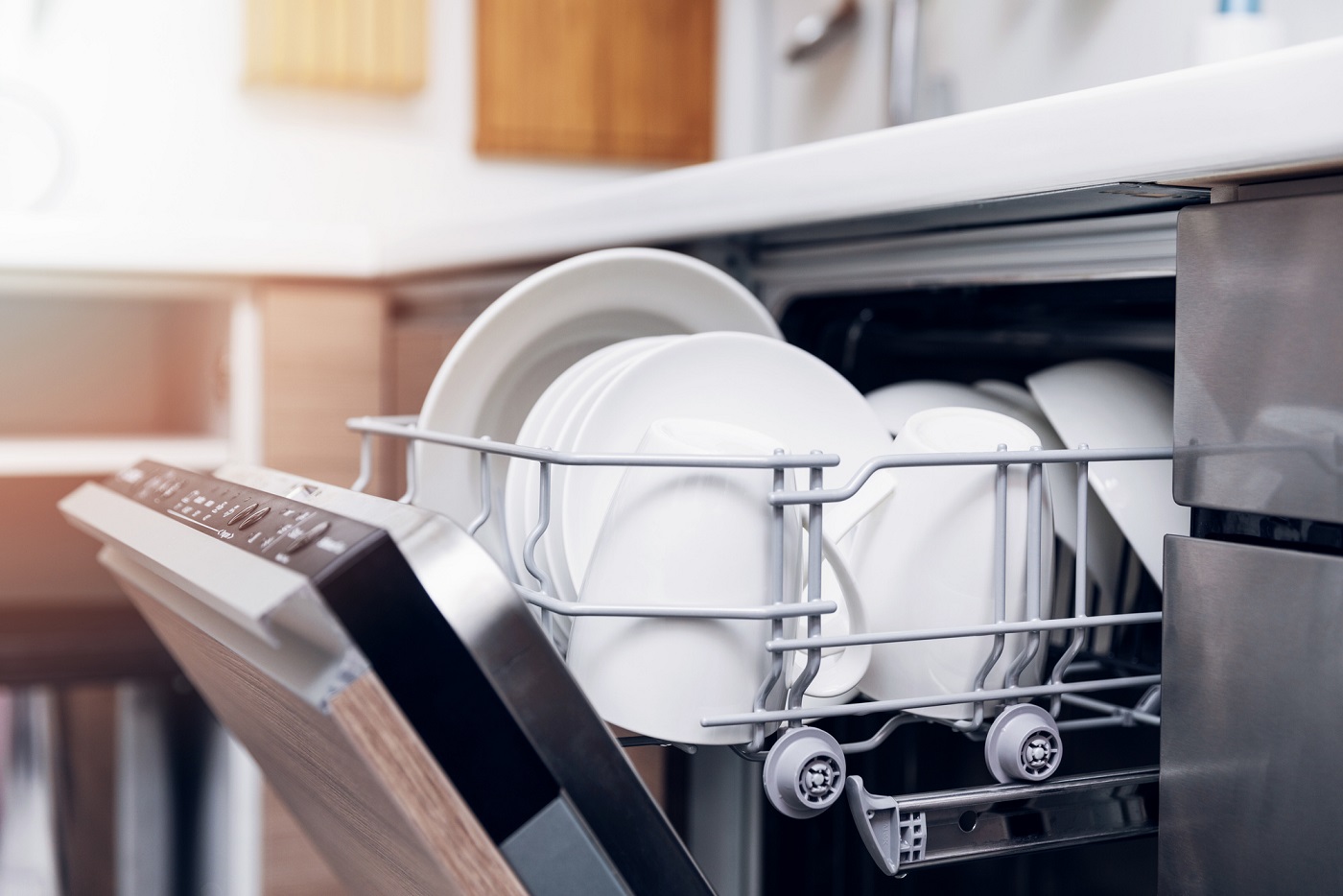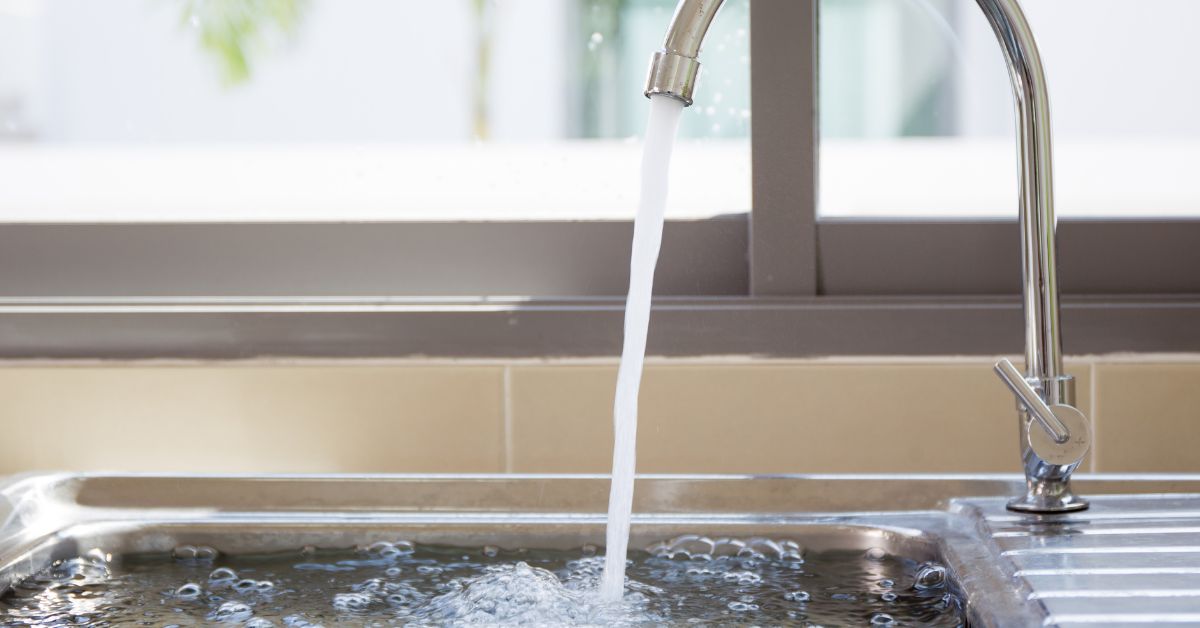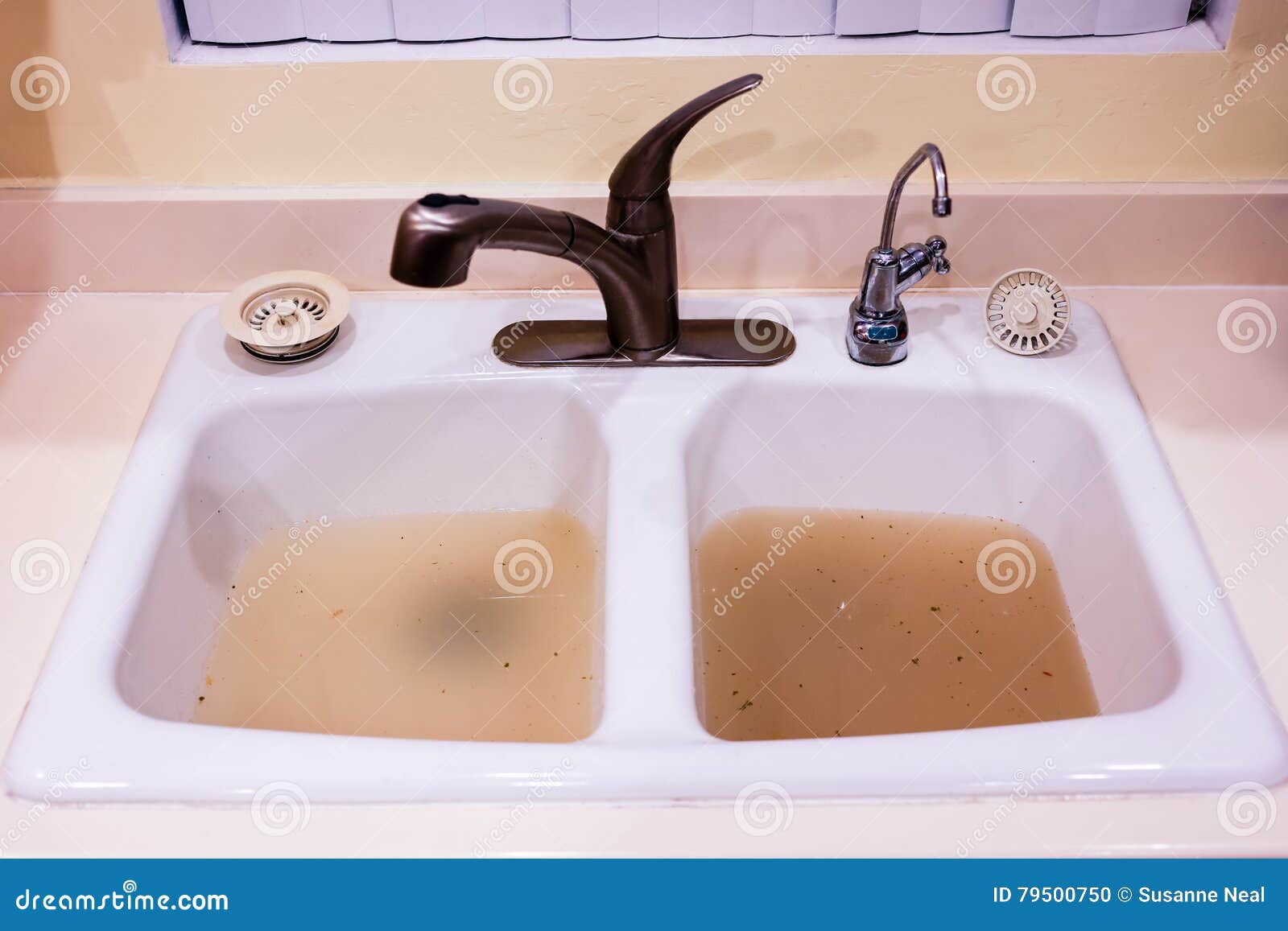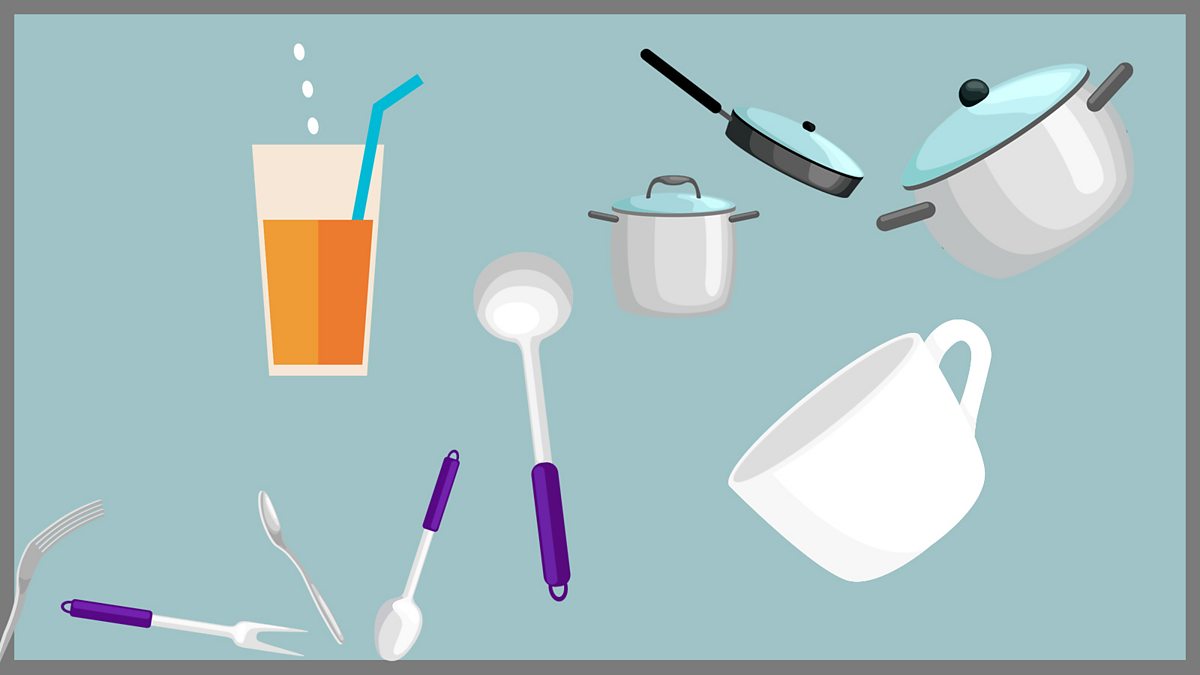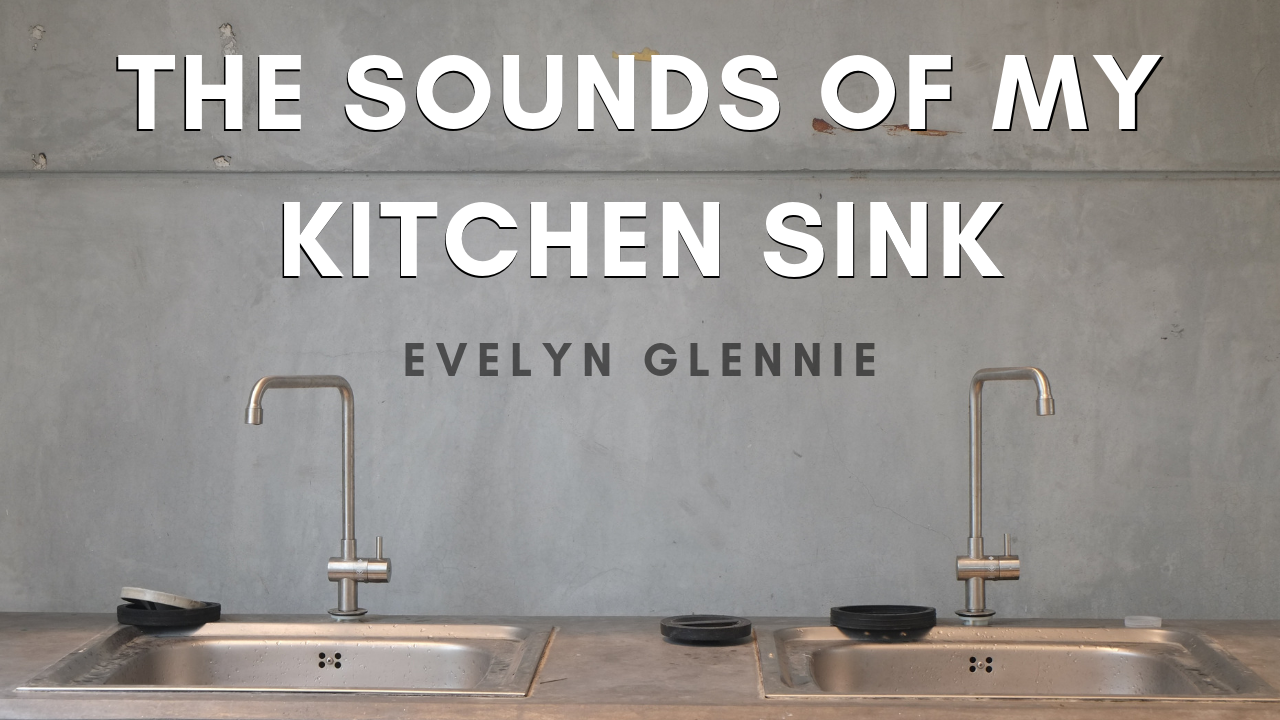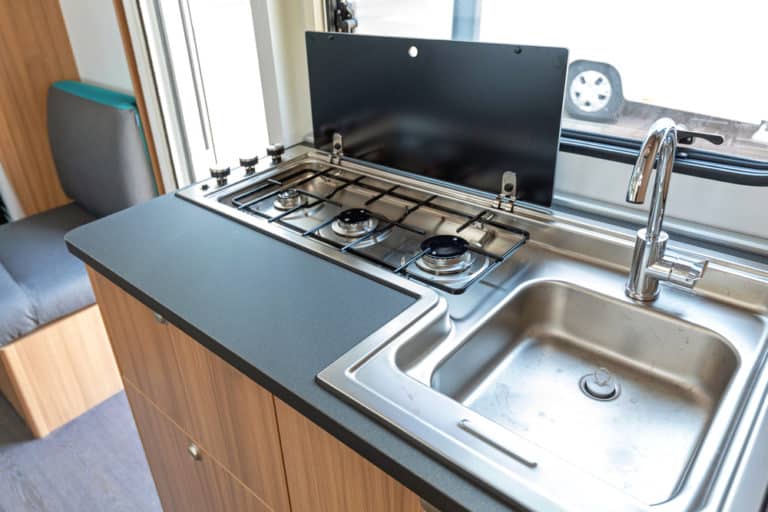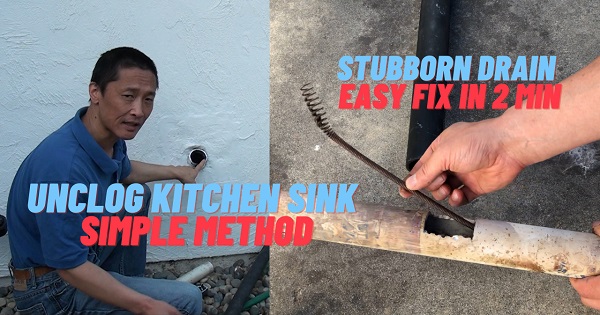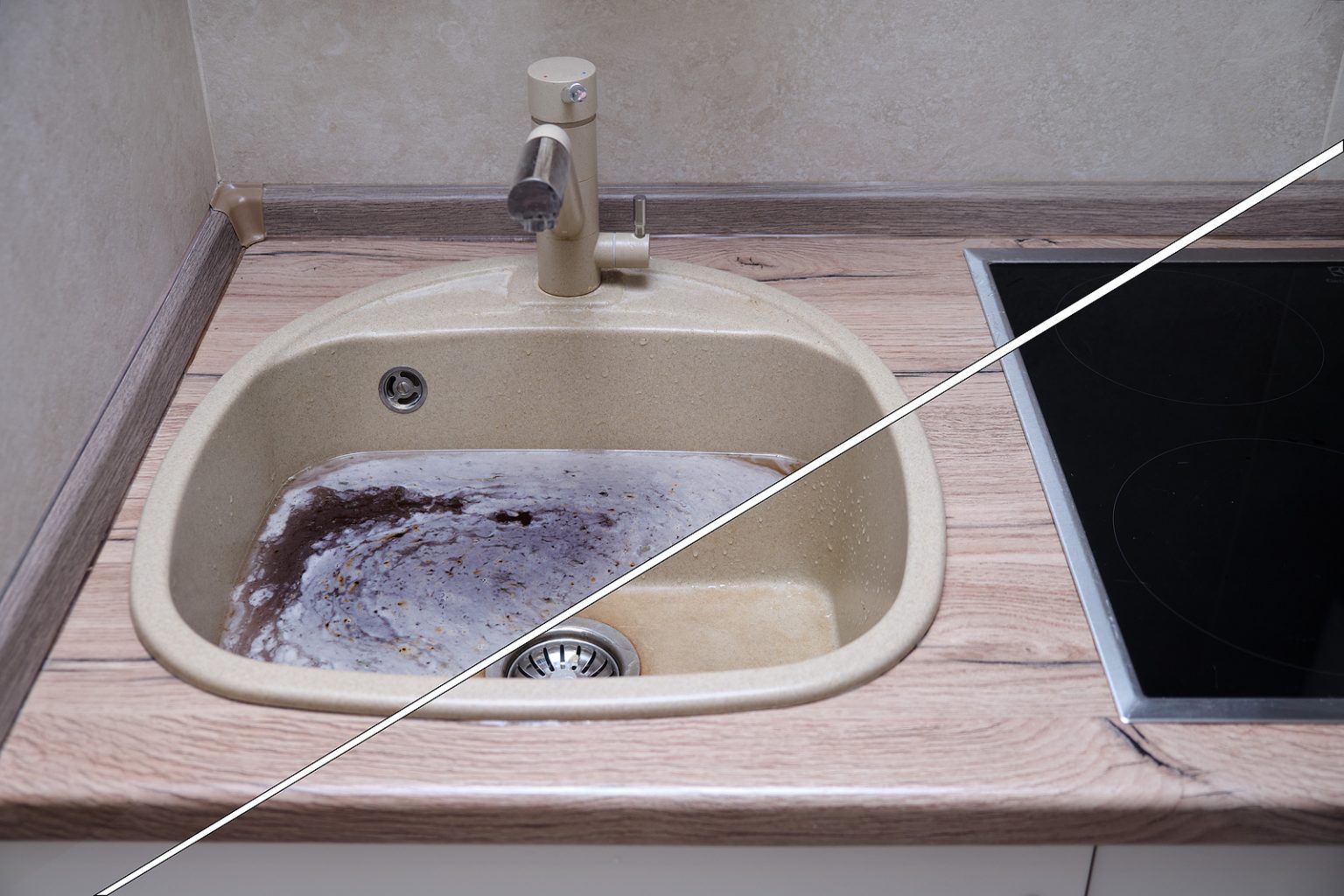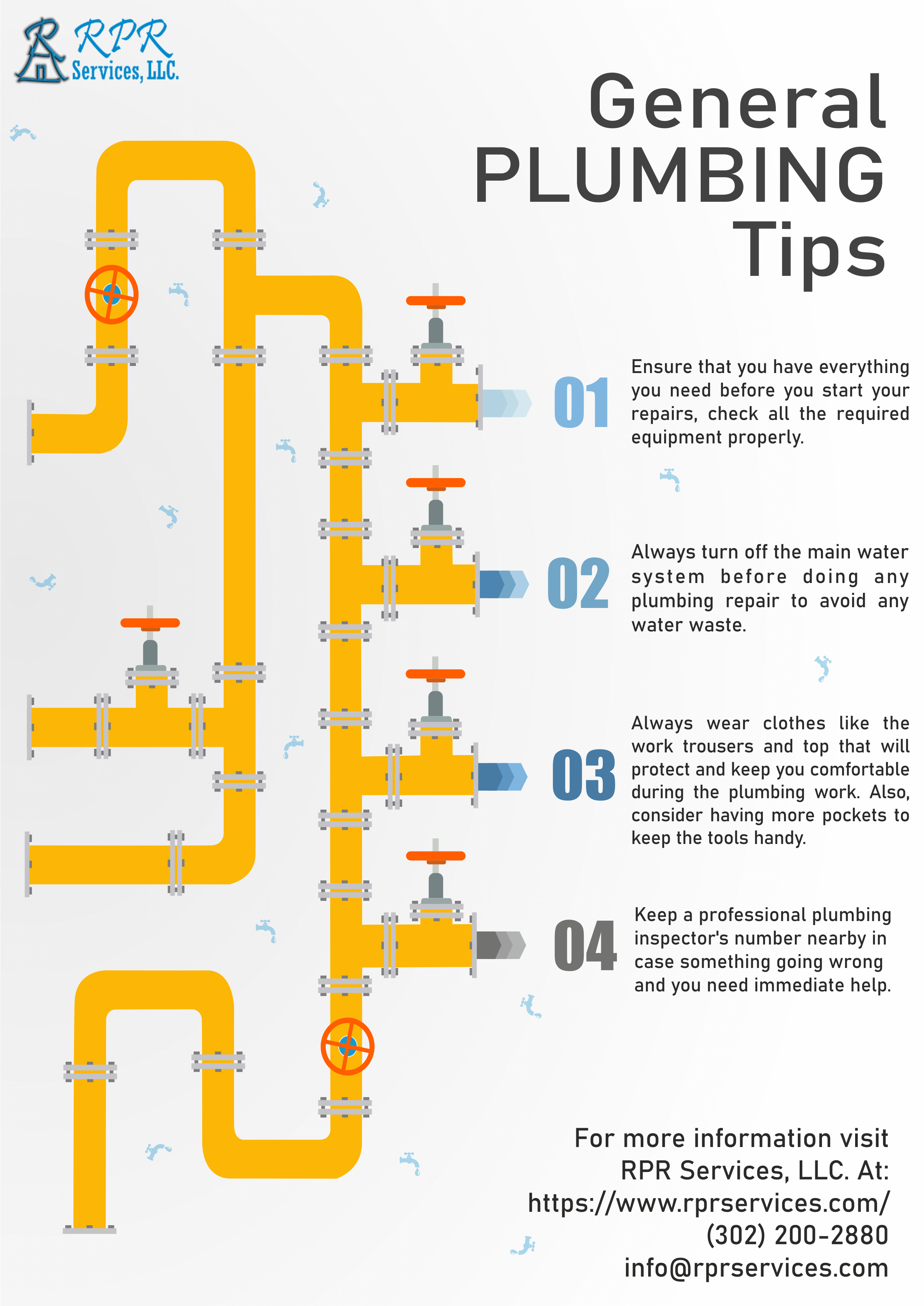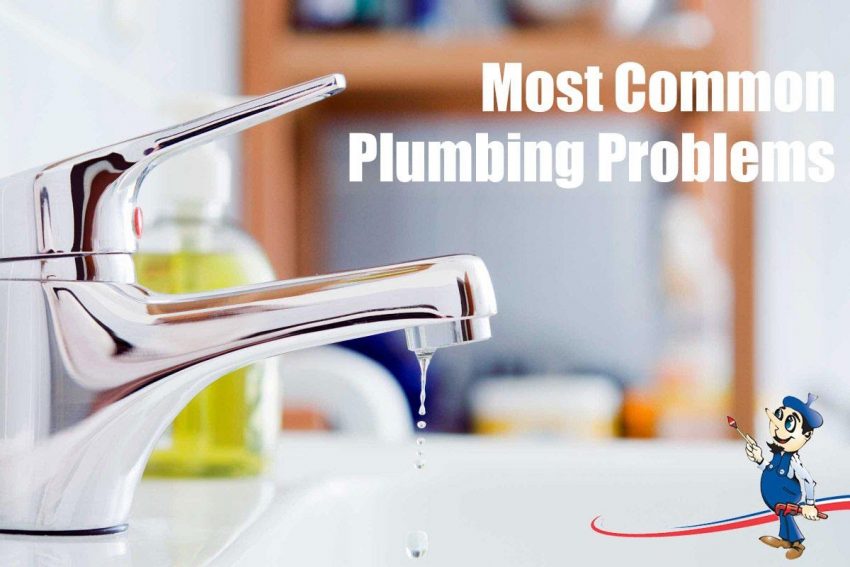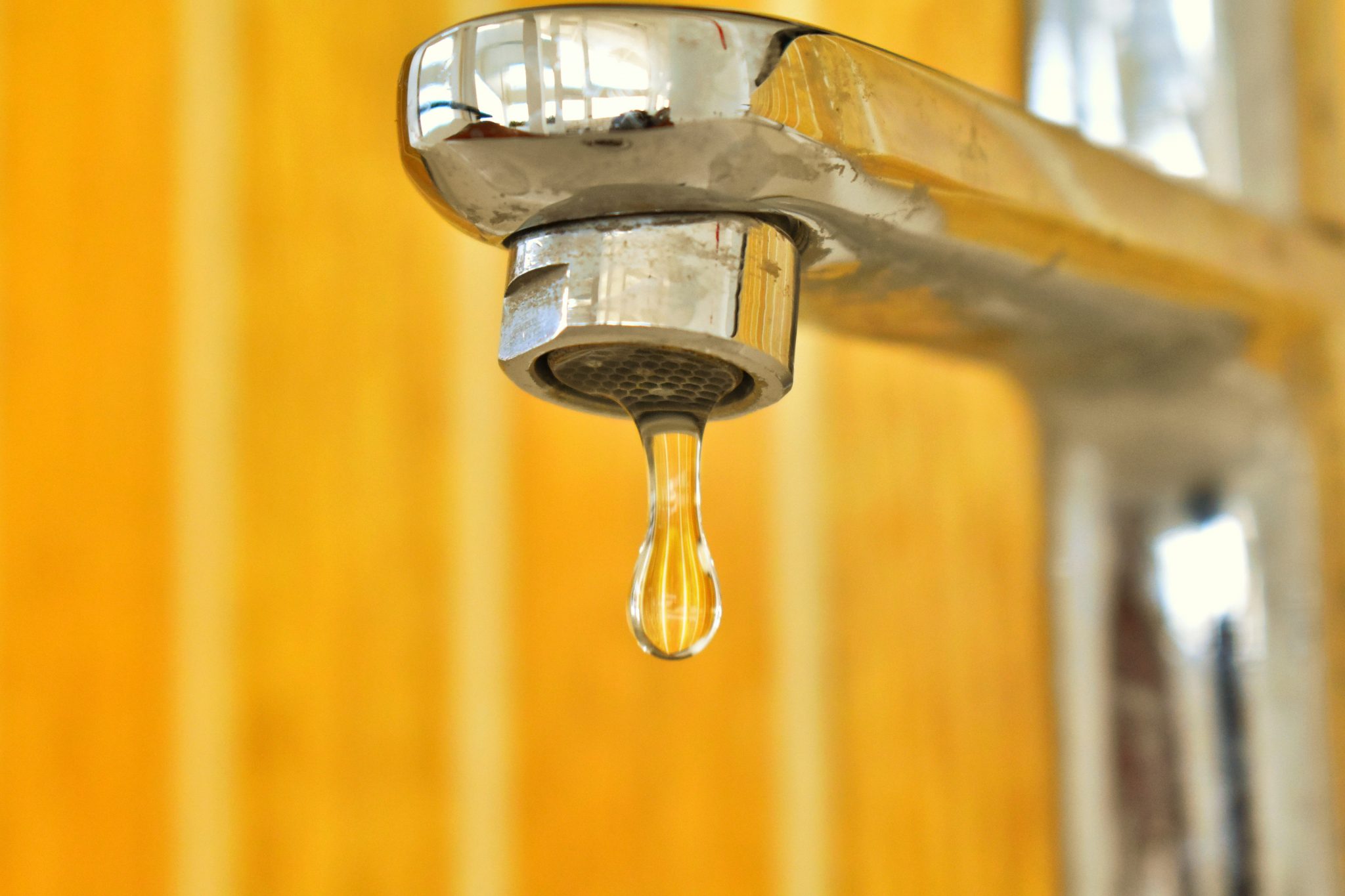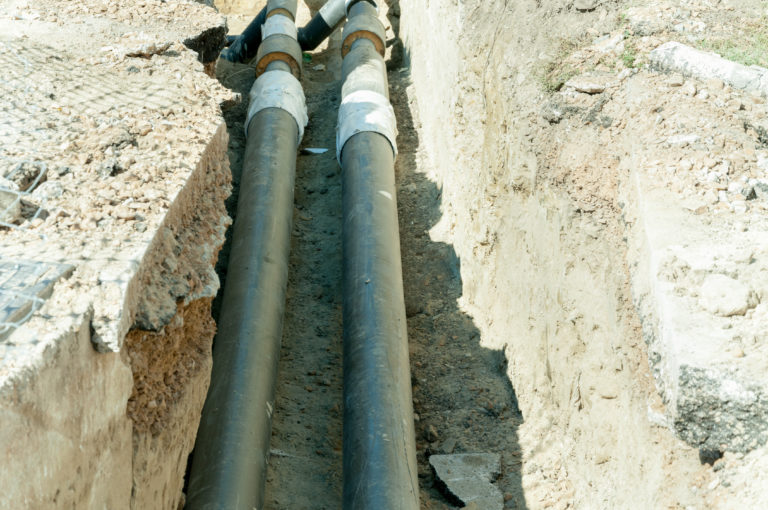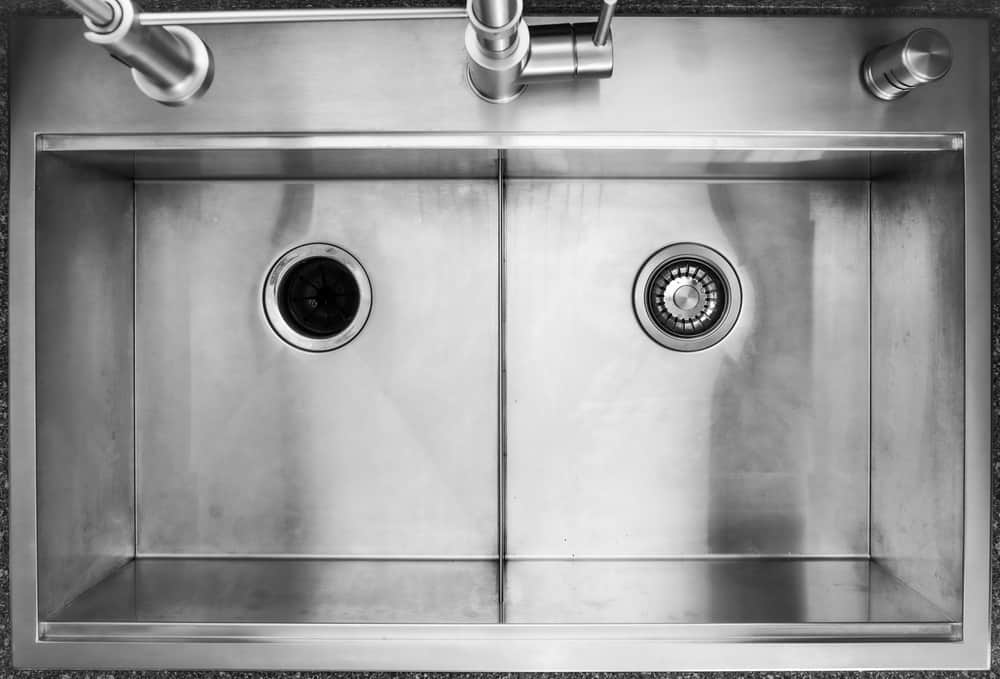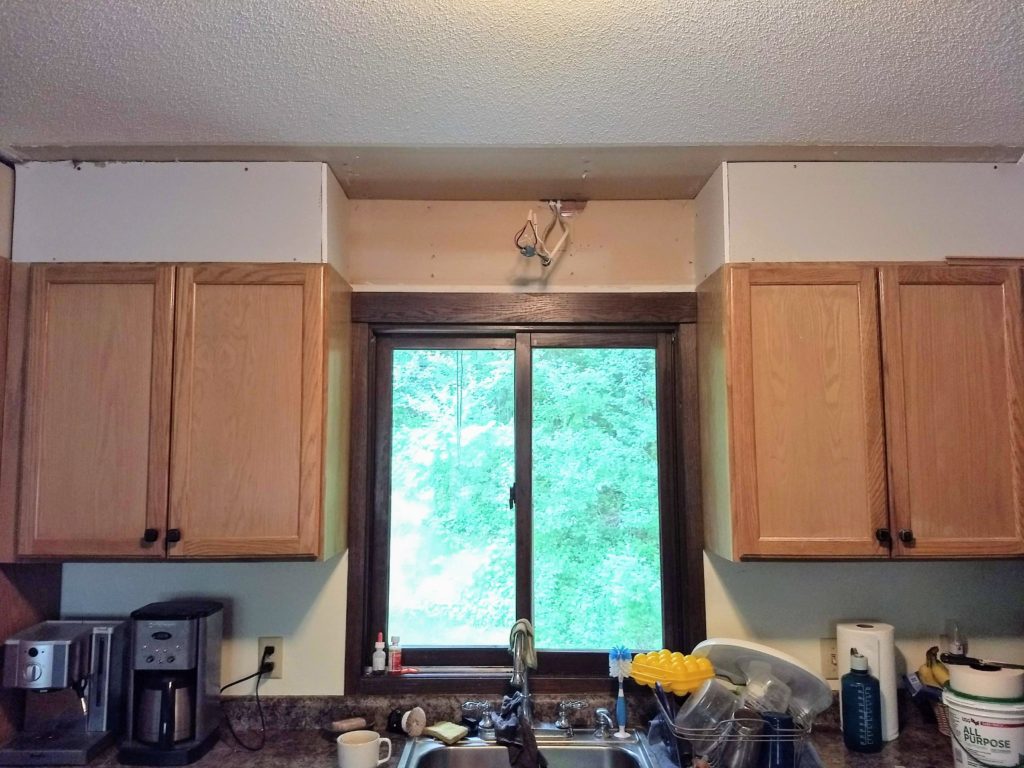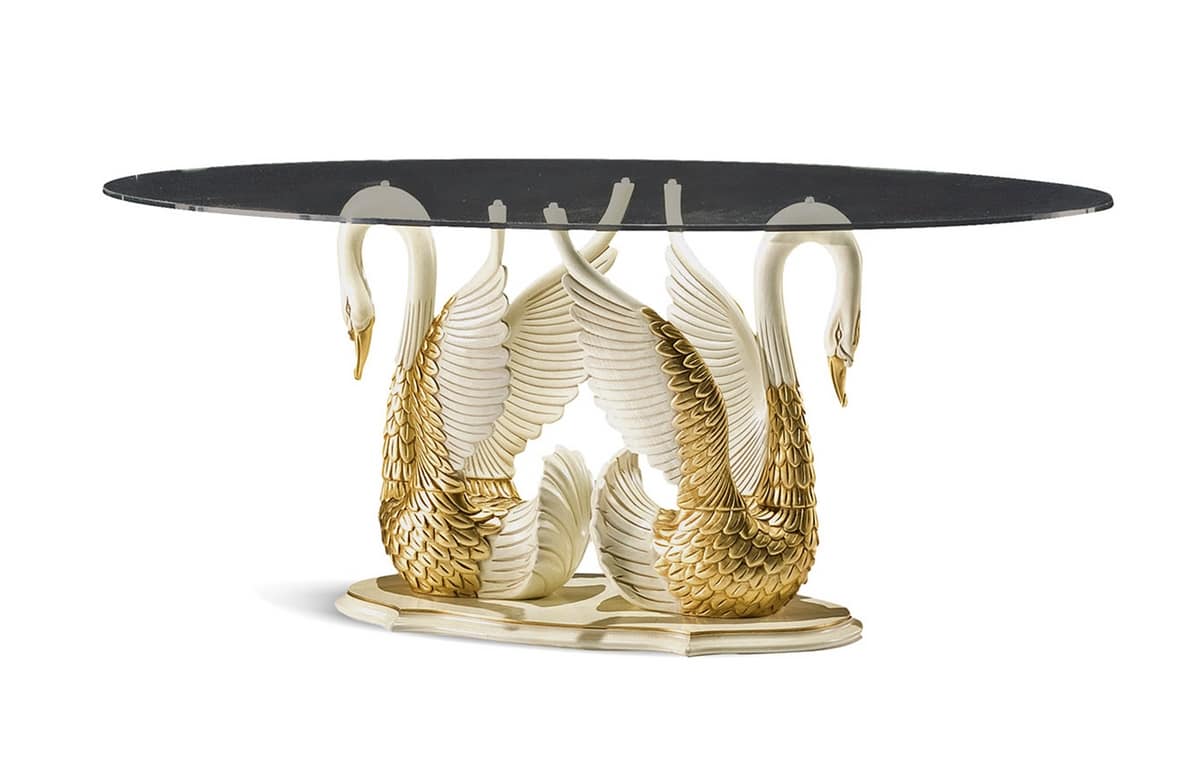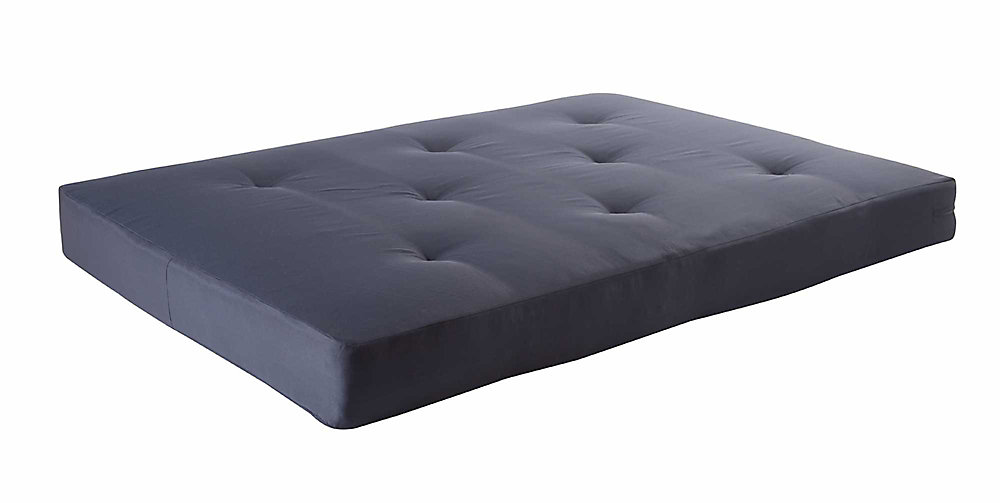Are you tired of the constant banging noise coming from your kitchen sink? This common problem can be not only annoying but also a sign of underlying issues with your plumbing system. But don't worry, with a few simple steps, you can easily fix a noisy kitchen sink and enjoy a peaceful kitchen once again. If you have a dual sink, start by filling one side with water and then draining it. If you hear a loud banging noise, it means there is a problem with the air chambers in your pipes. To fix this, turn off the water supply to your sink and open the faucet to release any remaining water and air. Then, refill the sink and turn the water supply back on. This should eliminate the banging noise. If the above method doesn't work, you may need to replace the air chambers with new ones. This can easily be done by a professional plumber.1. How to Fix a Banging Kitchen Sink
Before attempting to fix a noisy kitchen sink, it's important to determine the source of the noise. Here are some common troubleshooting steps to help you identify the problem: Clogged Pipes: A clog in your pipes can cause air to get trapped and result in a banging noise. Use a drain cleaner or a plunger to clear any obstructions and see if the noise stops. Loose Pipes: Over time, the pipes under your sink can loosen, causing them to bang against each other. Check for any loose pipes and secure them with pipe straps or foam insulation. Water Pressure: High water pressure can also cause a banging noise in your sink. You can adjust the water pressure by turning the pressure regulator valve located near your water meter.2. Troubleshooting Noisy Kitchen Sinks
Understanding the different causes of a banging kitchen sink can help you prevent the problem from occurring in the future. Here are some common reasons for noisy sinks: Water Hammer: This occurs when the water flow is suddenly stopped, causing a shock wave that creates a banging noise. Water hammer can be caused by high water pressure, loose pipes, or faulty valves. Air Chambers: These vertical pipes, usually located near your sink, are designed to prevent water hammer by absorbing the shock. If they become filled with water, they can no longer perform their function and cause a banging noise. Loose Mounting Hardware: If your sink is not securely attached to the countertop, it can move around and make a banging noise when water flows through it.3. Common Causes of Banging Sink Noises
If you are experiencing a banging noise in your sink, there are a few DIY solutions you can try before calling a professional: Install Water Hammer Arrestors: These devices can be installed on your pipes to absorb the shock of water flow and prevent banging noises. Use Pipe Insulation: You can wrap foam insulation around your pipes to prevent them from banging against each other. Secure Loose Pipes: If you can identify loose pipes, use pipe straps or foam insulation to secure them in place.4. DIY Solutions for a Noisy Kitchen Sink
If you've tried the DIY solutions and your sink is still making a banging noise, it's time to call in a professional plumber. They will be able to identify the root cause of the problem and provide a long-term solution. One common fix for a noisy sink is to install a water hammer arrestor. These devices are specifically designed to absorb the shock of water flow and prevent banging noises. A plumber can easily install them on your pipes and provide you with a quieter sink.5. How to Quiet a Banging Sink
Now that you've fixed your noisy sink, you'll want to prevent the problem from happening in the future. Here are some tips to keep your kitchen sink quiet: Regular Maintenance: Schedule regular maintenance checks with a plumber to identify and fix any potential issues before they become bigger problems. Don't Overload Your Sink: Be mindful of what you put down your sink. Avoid pouring grease, oil, or large food scraps into your sink, as they can cause clogs and other plumbing problems. Be Gentle: Be gentle when using your sink, especially if you have a garbage disposal. Don't put too much pressure on the sink or jam large items down the disposal, as this can cause pipes to loosen and create banging noises.6. Tips for Preventing Noisy Kitchen Sinks
Not all noises coming from your sink are cause for concern. It's important to understand the different sounds your sink can make and when to take action. Here are some common sounds and their meanings: Gurgling: This could mean there is a clog in your drain or vent pipe. Try using a plunger or drain cleaner to clear the clog. Whistling: A whistling noise could indicate an issue with your water pressure. Adjusting the pressure regulator valve can help solve the problem. Hissing: If you hear a hissing noise, it could mean there is a leak in your pipes. Contact a plumber to fix the leak and prevent further damage.7. Understanding the Sounds Your Sink Makes
If you've exhausted all DIY options and your sink is still making a banging noise, it's time to call a professional plumber. They will have the expertise and tools to identify and fix the problem. Here are some common professional fixes for a noisy sink: Replacing Pipes: If your pipes are old or damaged, a plumber may recommend replacing them to eliminate banging noises. Adjusting Water Pressure: A plumber can adjust your water pressure to a safe and comfortable level to prevent water hammer and other noisy sink issues. Installing Water Hammer Arrestors: As mentioned before, these devices can be installed on your pipes to absorb the shock of water flow and prevent banging noises.8. Professional Fixes for a Banging Kitchen Sink
While a noisy sink may not seem like a major problem, it can be a sign of larger plumbing issues. Here are some common plumbing problems that can cause noisy sinks: Clogged Drain: A clogged drain can cause water to back up and create a gurgling or banging noise in your sink. Leaking Pipes: A leak in your pipes can not only cause a banging noise but also lead to water damage and mold growth. Water Pressure Issues: High water pressure can cause water hammer and other noisy sink problems, while low water pressure can indicate a larger issue with your plumbing system.9. Common Plumbing Issues That Cause Sink Noises
Now that your sink is quiet and functioning properly, it's important to keep it that way with regular maintenance. Here are some tips for maintaining a quiet kitchen sink: Regularly Clean Your Sink: Keep your sink clean and free of food scraps to prevent clogs and other plumbing problems. Fix Leaks Promptly: If you notice a leak in your sink, don't wait to get it fixed. Even a small leak can lead to bigger issues and costly repairs. Schedule Regular Maintenance Checks: Have a professional plumber inspect your plumbing system regularly to catch any potential issues before they become bigger problems. With these tips and solutions, you can say goodbye to a noisy kitchen sink and enjoy a peaceful and functional kitchen once again. Remember to address any plumbing issues promptly to prevent further damage and costly repairs in the future. And don't hesitate to call a professional if you need help fixing a noisy sink. With the right maintenance, your sink will continue to be a functional and quiet part of your kitchen for years to come.10. How to Maintain a Quiet Kitchen Sink
How to Solve a Banging Noise in Your Kitchen Sink
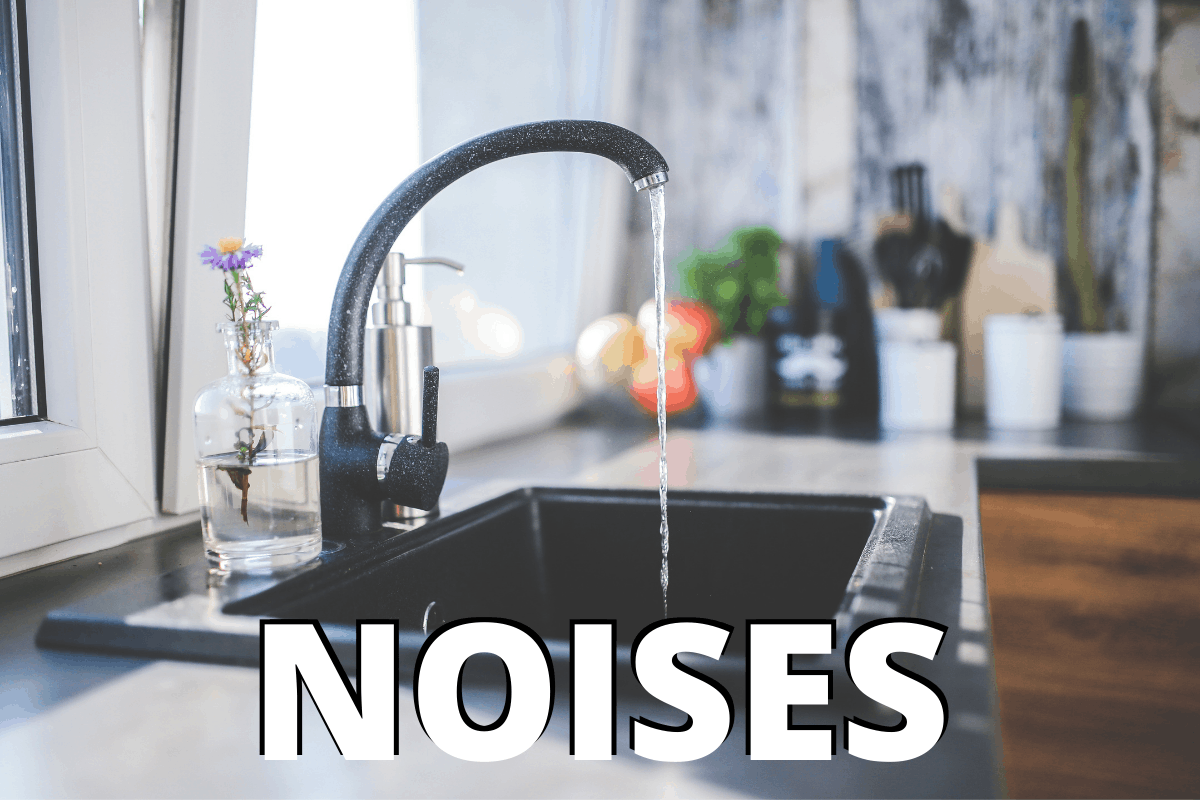
Understanding the Cause of the Noise
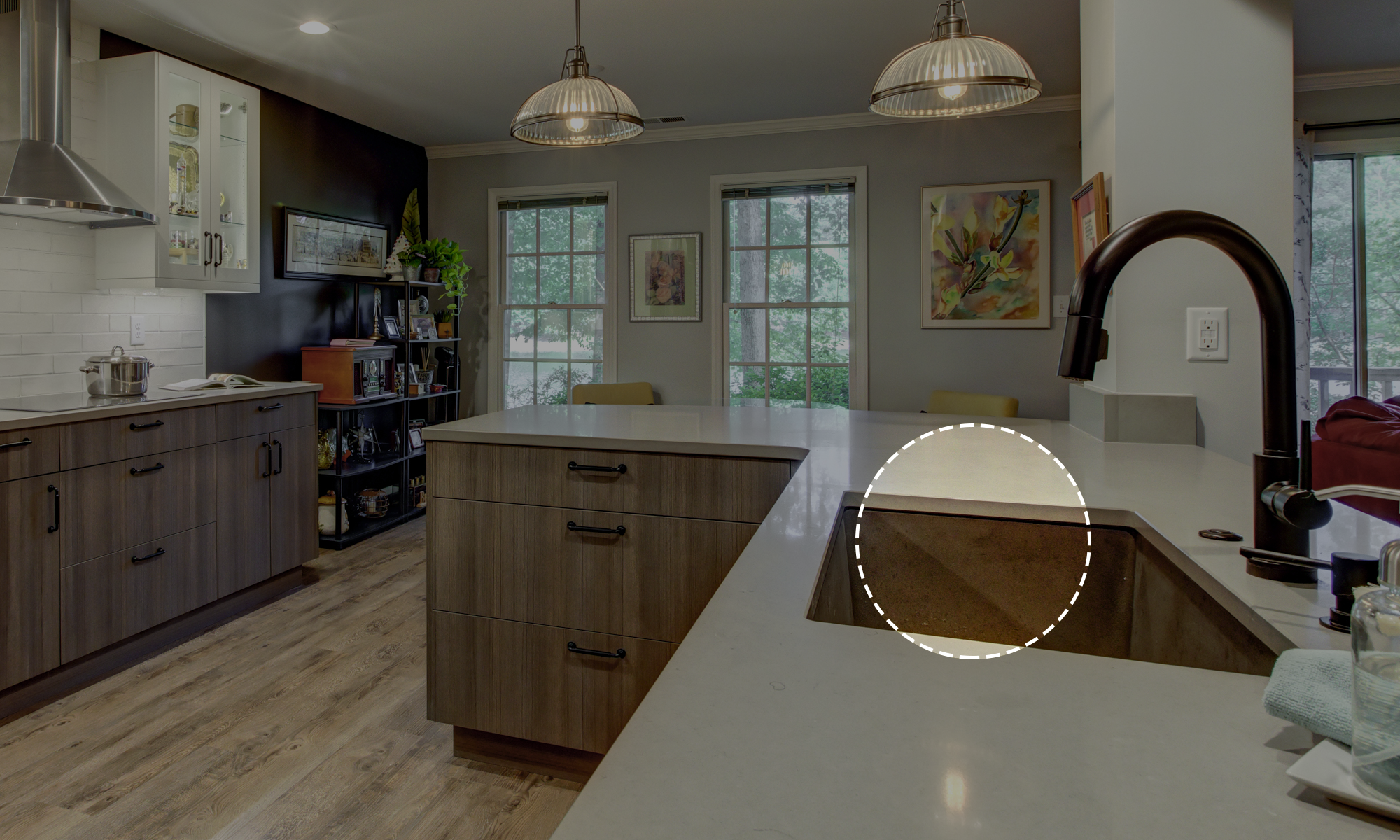 If you've been hearing a loud banging noise coming from your kitchen sink, you're not alone. Many homeowners experience this frustrating issue, and it can be quite disruptive to your daily routine. But before you can fix the problem, it's important to understand the cause of the noise.
One of the most common reasons for a banging noise in the kitchen sink is water hammer. This occurs when water is suddenly shut off, causing a pressure wave to reverberate through the pipes and create a loud banging noise. This can happen when you turn off the tap too quickly or when a water-using appliance, such as a dishwasher or washing machine, is turned off.
If you've been hearing a loud banging noise coming from your kitchen sink, you're not alone. Many homeowners experience this frustrating issue, and it can be quite disruptive to your daily routine. But before you can fix the problem, it's important to understand the cause of the noise.
One of the most common reasons for a banging noise in the kitchen sink is water hammer. This occurs when water is suddenly shut off, causing a pressure wave to reverberate through the pipes and create a loud banging noise. This can happen when you turn off the tap too quickly or when a water-using appliance, such as a dishwasher or washing machine, is turned off.
Steps to Fix the Problem
 Now that you know the cause of the noise, it's time to take action and fix the problem. The first step is to check for any loose pipes or connections under your sink. If you find any, tighten them with a wrench to see if that solves the issue.
If the noise persists, it may be necessary to install a water hammer arrestor. This device acts as a shock absorber and prevents the pressure wave from causing the loud banging noise. It can easily be installed by a professional plumber and is a relatively inexpensive solution.
Now that you know the cause of the noise, it's time to take action and fix the problem. The first step is to check for any loose pipes or connections under your sink. If you find any, tighten them with a wrench to see if that solves the issue.
If the noise persists, it may be necessary to install a water hammer arrestor. This device acts as a shock absorber and prevents the pressure wave from causing the loud banging noise. It can easily be installed by a professional plumber and is a relatively inexpensive solution.
Prevention is Key
 To prevent future occurrences of a banging noise in your kitchen sink, it's important to be mindful of how you turn off the tap. Make sure to turn it off slowly and gently rather than abruptly. Also, avoid running multiple water-using appliances at the same time, as this can cause an increase in water pressure and lead to water hammer.
To prevent future occurrences of a banging noise in your kitchen sink, it's important to be mindful of how you turn off the tap. Make sure to turn it off slowly and gently rather than abruptly. Also, avoid running multiple water-using appliances at the same time, as this can cause an increase in water pressure and lead to water hammer.
Conclusion
 Don't let a banging noise in your kitchen sink disrupt your daily routine. By understanding the cause of the noise and taking the necessary steps to fix it, you can enjoy a peaceful and quiet kitchen once again. Remember to be gentle when turning off the tap and to limit the use of multiple water-using appliances at once. If the problem persists, don't hesitate to call a professional plumber for assistance.
Don't let a banging noise in your kitchen sink disrupt your daily routine. By understanding the cause of the noise and taking the necessary steps to fix it, you can enjoy a peaceful and quiet kitchen once again. Remember to be gentle when turning off the tap and to limit the use of multiple water-using appliances at once. If the problem persists, don't hesitate to call a professional plumber for assistance.


